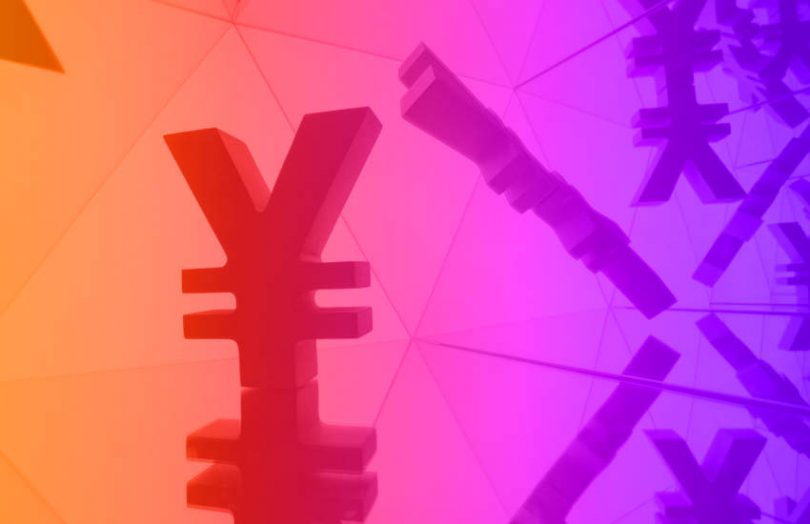Japan’s largest bank, MUFG, wants its Progmat Coin stablecoin platform to be usable by other banks and on multiple DLT networks. So it has partnered with Japanese blockchain interoperability startup Datachain.
MUFG initially developed Progmat as an enterprise blockchain network for tokenized securities, including bonds, equities and other digital assets. But it additionally unveiled Progmat Coin as a platform to create stablecoins backed by segregated funds held in a Trust, with the aim of other institutions also creating interchangeable stablecoins.
The bank recognizes that Progmat is not the only game in town, so it wants organizations to use Progmat Coin to settle security token transactions on Progmat and other blockchain networks.
The “other blockchain networks” means that Progmat Coin needs to be interoperable.
A key benefit of tokenized assets is to remove counterparty risk through atomic settlement or delivery versus payment (DvP), enabled by cash on ledger. DvP settlement is planned to go live on Progmat in 2023, with cross chain settlement targeting 2024. The first trials are for interoperability between R3’s Corda enterprise blockchain, on which Progmat is based, and Ethereum-based permissioned DLT Quorum.
Japan is one of the most active jurisdictions when it comes to security tokens. Most of them have been for real estate and bonds, and Progmat is the leading issuance platform, having issued more than Yen 30 billion ($207m). Next year, SBI plans for its Osaka Digital Exchange (ODX) to provide a secondary market for security tokens. SMBC, Nomura and Daiwa are also investors in ODX.
MUFG hasn’t stopped at security tokens and stablecoins. As previously reported, it supports utility tokens on Progmat and partnered with Animoca Brands for NFTs. Since NFTs are usually on public blockchains, the future aim is to use Progmat Coin to settle NFT transactions.
While Datachain may not be a household name, it has relationships with NTT Data and JCB, Japan’s version of Visa. It also is the initiator of a Hyperledger Labs interoperability framework YUI.
Unsurprisingly YUI will be used in this project, along with IBC, the Inter-Blockchain Communication Protocol that underpins the Cosmos network. A third plank of the solution is Datachain’s Light Client Proxy (LCP) for cross chain bridges.
Datachain isn’t the only Japanese company to make a significant contribution to cross chain interoperability. Fujitsu co-founded Hyperledger Cactus, which was recently renamed Cacti.







